Gene editing technology has become increasingly sophisticated over the years, offering incredible possibilities for manipulating and altering the genetic makeup of living organisms, including humans. While the technology holds promise for a wide range of applications, from curing genetic diseases to enhancing athletic performance, it also raises significant ethical concerns.
In this article, we will explore the intersection of technology and biology, focusing on the ethics of gene editing. We will examine the various ways in which gene editing is being used, the potential risks and benefits of the technology, and the ethical issues that arise from its use.
Introduction to Gene Editing
Gene editing refers to the process of manipulating the DNA of an organism to alter its genetic makeup. There are several techniques used for gene editing, including CRISPR/Cas9, TALENs, and zinc finger nucleases. These techniques allow scientists to insert, delete, or replace specific genes in an organism’s DNA.
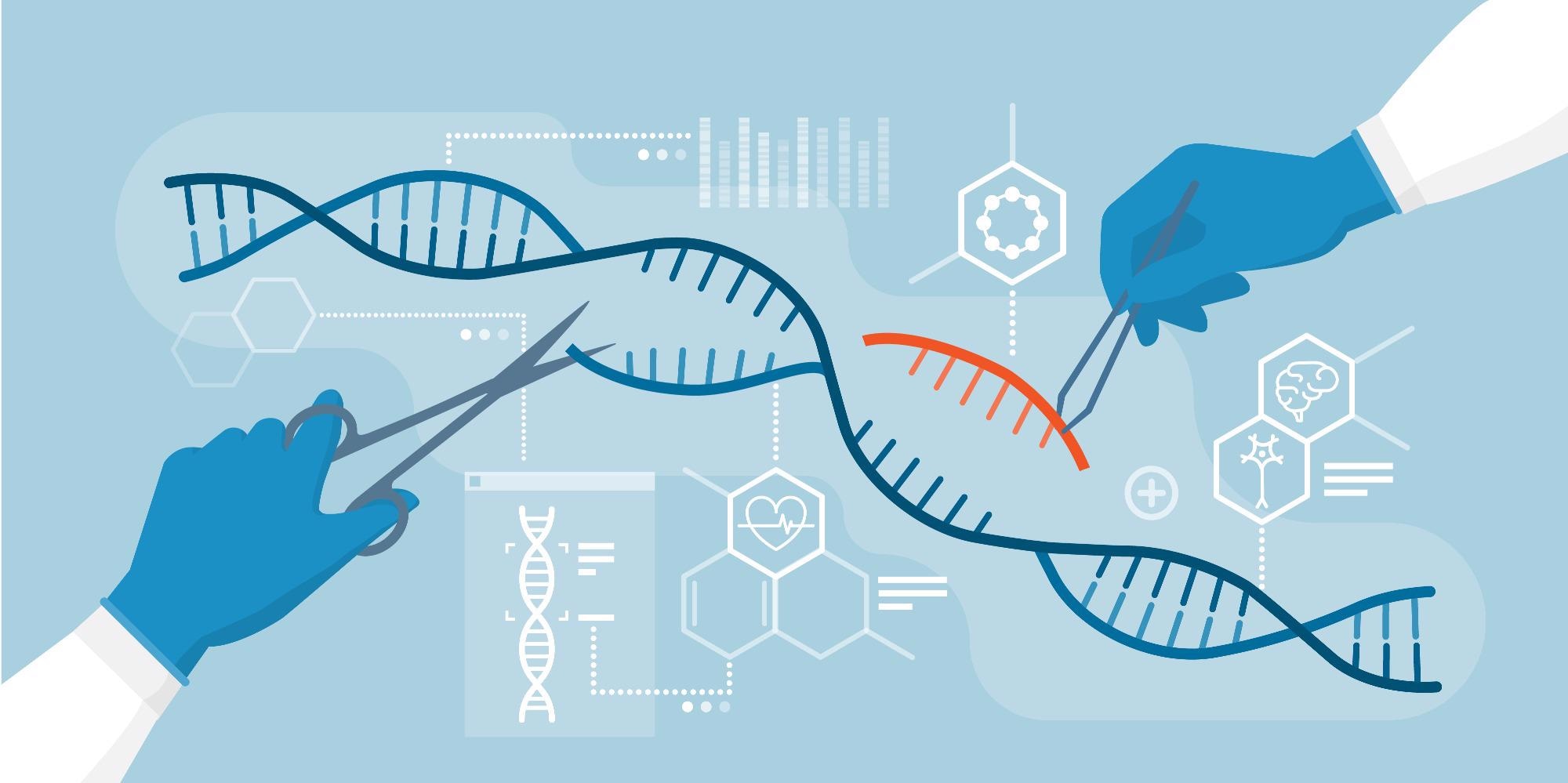
The Potential Benefits of Gene Editing
The potential benefits of gene editing are vast and varied. The technology could be used to cure genetic diseases such as cystic fibrosis, Huntington’s disease, and sickle cell anemia. It could also be used to enhance athletic performance, increase intelligence, and extend lifespan.
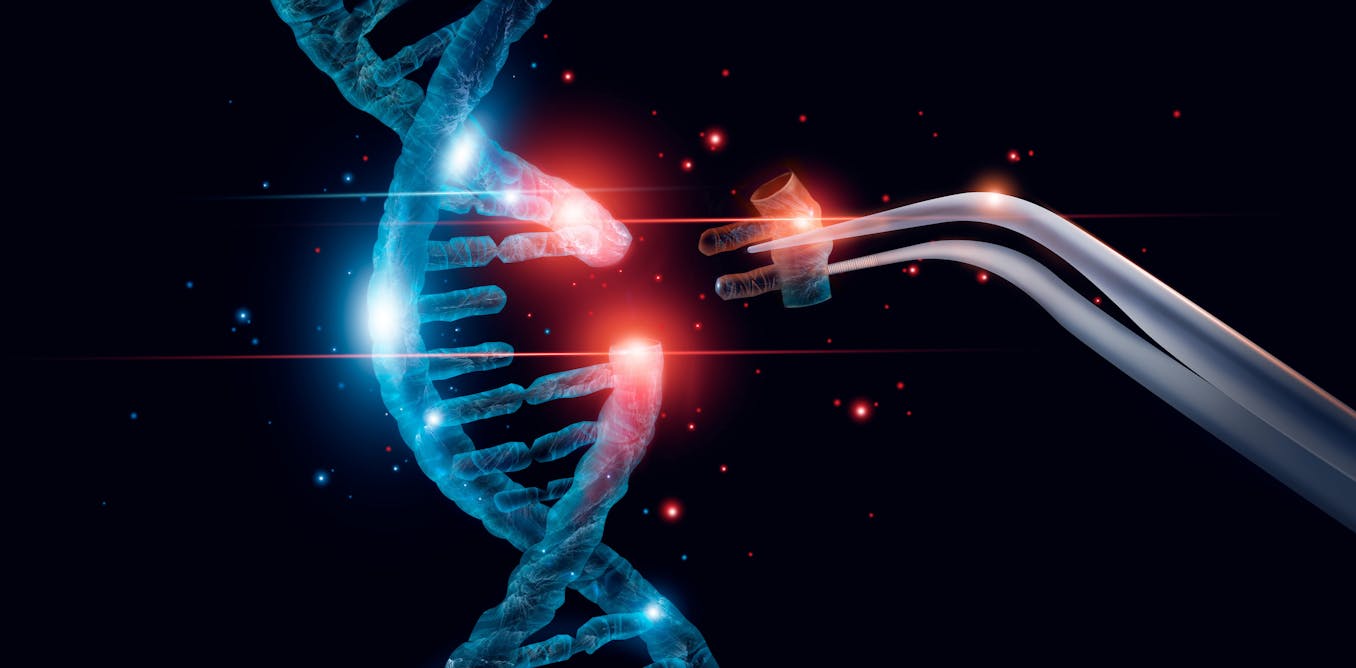
The Potential Risks of Gene Editing
While the potential benefits of gene editing are significant, the technology also carries a number of risks. One major concern is the unintended consequences of gene editing. Manipulating one gene could have unintended effects on other genes, potentially causing new diseases or health problems. Another concern is the possibility of creating genetic disparities between different social groups, leading to inequality.
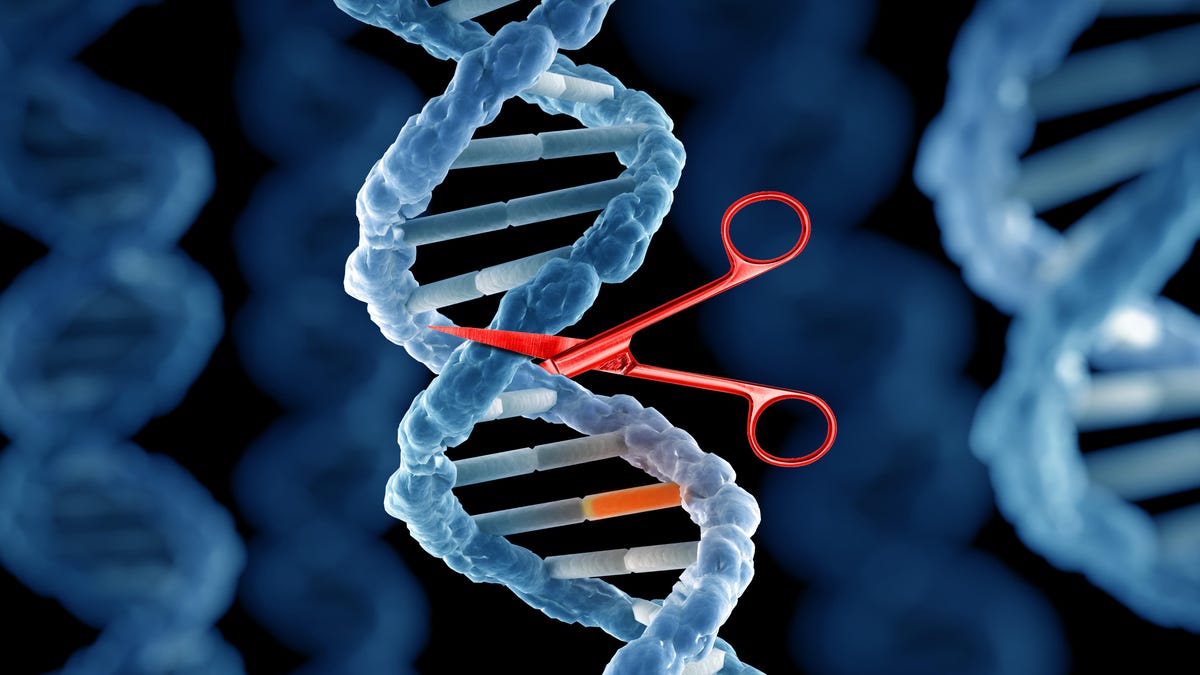
The Ethics of Gene Editing
The ethics of gene editing are complex and multifaceted. On one hand, the technology could be used to alleviate suffering and cure diseases. On the other hand, it could be used to create “designer babies” and perpetuate social inequality.
One ethical concern is the idea of “playing God.” Critics of gene editing argue that it is unethical to manipulate the genetic makeup of living organisms, as it goes against the natural order of things. Others argue that gene editing could lead to eugenics, the idea of selectively breeding humans for desirable traits, which has a troubling history.
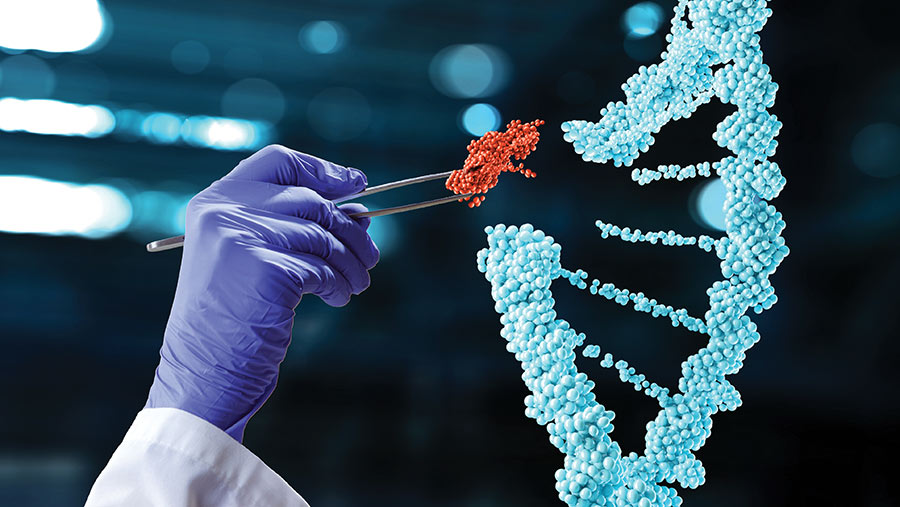
Ethical Considerations for Gene Editing in Humans
When it comes to gene editing in humans, there are several ethical considerations to keep in mind. One concern is safety. Gene editing technology is still in its early stages, and there is a risk of unintended consequences. Another concern is consent. It is essential to ensure that individuals are fully informed about the risks and benefits of gene editing and are giving their consent freely.
Another ethical consideration is the potential for discrimination. Gene editing could be used to perpetuate social inequality by creating genetic disparities between different groups. There is also a risk of creating a genetic underclass, as those who cannot afford gene editing may be left behind.

Ethical Considerations for Gene Editing in Animals and Plants
Gene editing is not just limited to humans. The technology is also being used in animals and plants. When it comes to gene editing in animals, there are ethical considerations around animal welfare. It is essential to ensure that animals are not subjected to unnecessary suffering in the pursuit of gene editing.
When it comes to gene editing in plants, there are concerns around environmental impact. Gene editing could be used to create crops that are resistant to pests and diseases, but it could also have unintended consequences for the ecosystem.
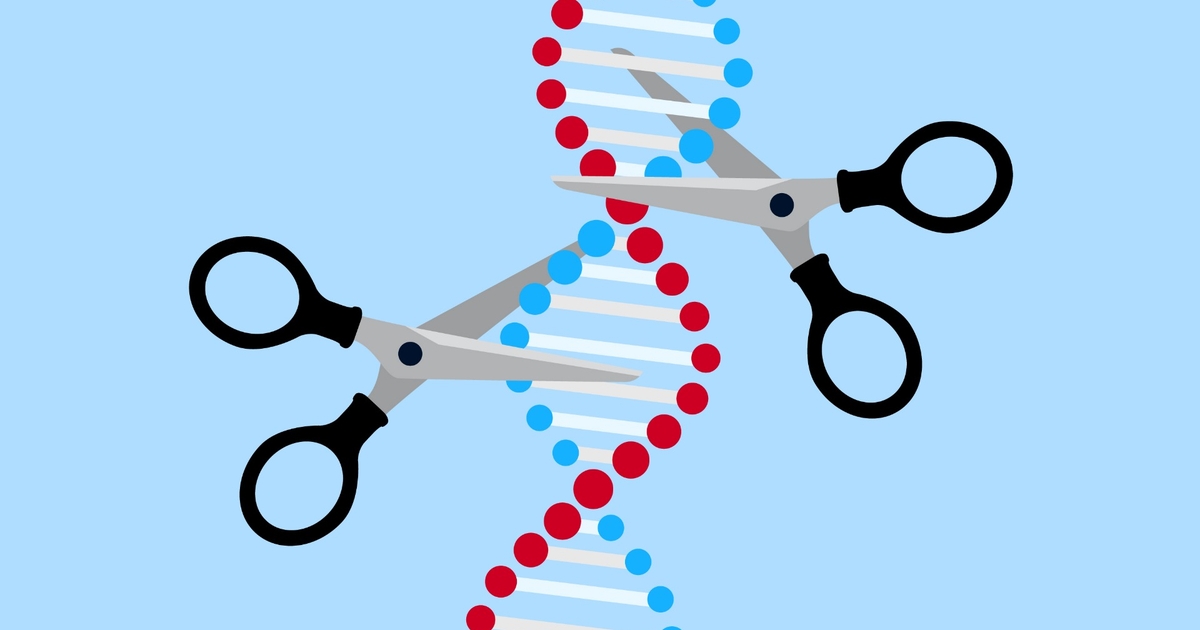
The Future of Gene Editing
The future of gene editing is uncertain, but it is clear that the technology holds significant promise for both humans and the environment. As the technology advances, it will be essential to consider the ethical implications of gene editing and ensure that it is being used in ways that are both safe and ethical. It will be important to ensure that the benefits of gene editing are accessible to everyone, regardless of their socioeconomic status, and that the technology is not used to perpetuate social inequality.
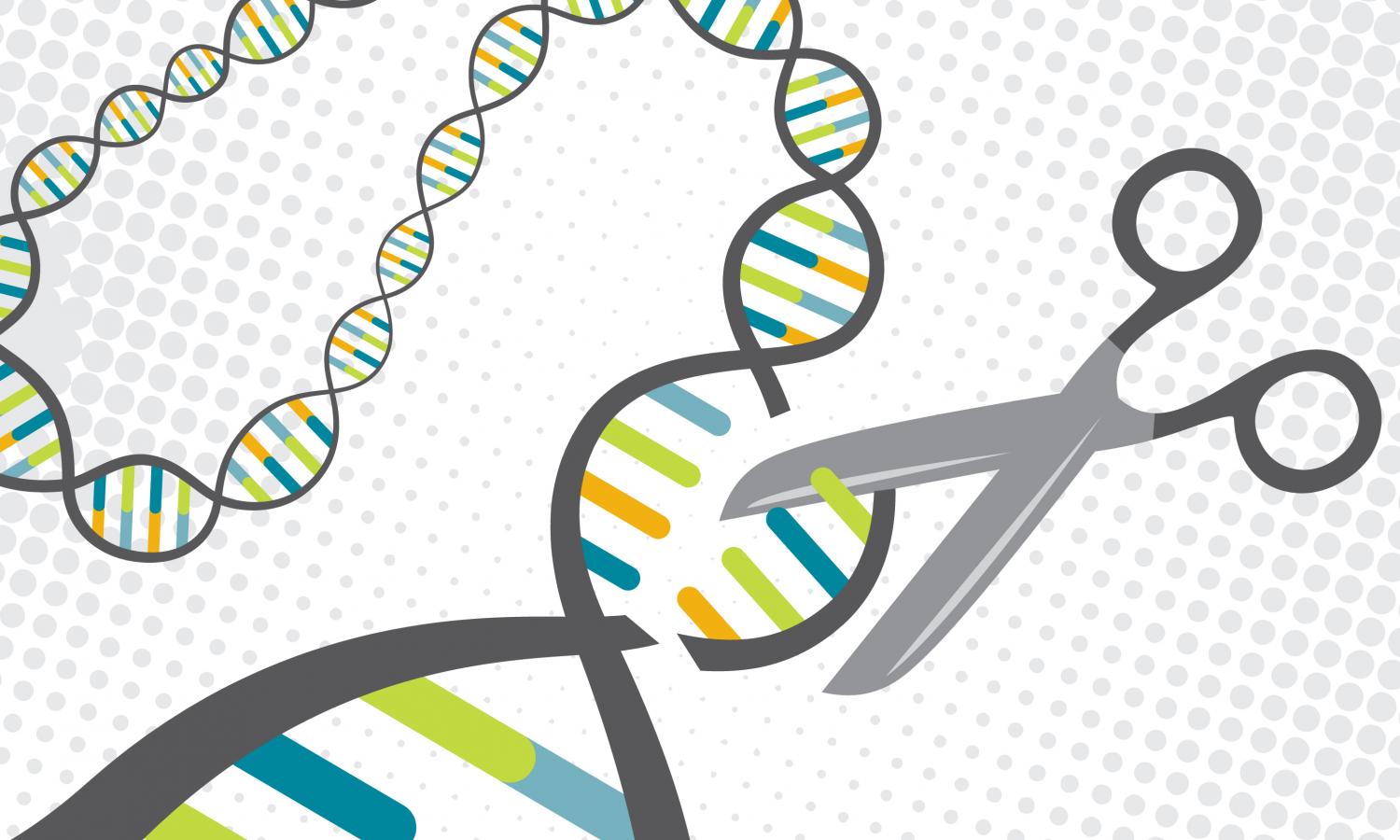
Conclusion
Gene editing technology presents enormous possibilities for improving human health and the environment. The potential benefits are immense, from curing genetic diseases to enhancing athletic performance and increasing intelligence. However, the ethical concerns and potential risks cannot be ignored. Unintended consequences and the perpetuation of social inequality are among the key ethical considerations in the use of gene editing.
The future of gene editing is uncertain, and as the technology advances, it is important for policymakers, scientists, and society as a whole to consider the ethical implications of its use. There needs to be careful consideration of the safety and efficacy of gene editing, and safeguards put in place to ensure that the technology is not misused. It is also important to ensure that the benefits of gene editing are accessible to everyone, regardless of their socioeconomic status.
In conclusion, gene editing technology is an exciting and potentially transformative field. While there are many ethical challenges associated with its use, there are also significant opportunities for improving human health and the environment. It is crucial to approach gene editing with caution, but also with optimism for the possibilities it offers. With careful consideration and responsible use, gene editing could be a powerful tool for shaping the future of our world.











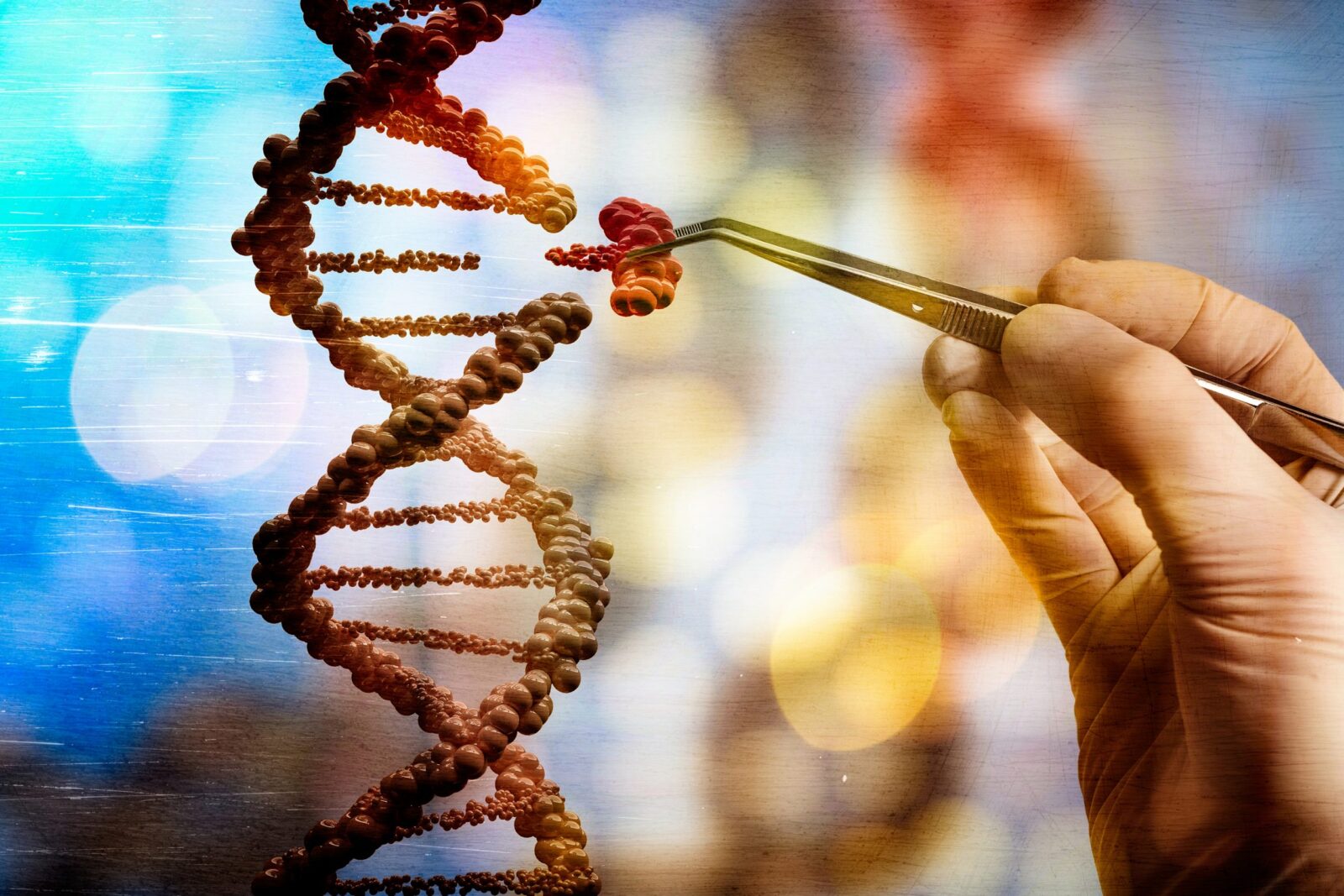

Leave a Reply